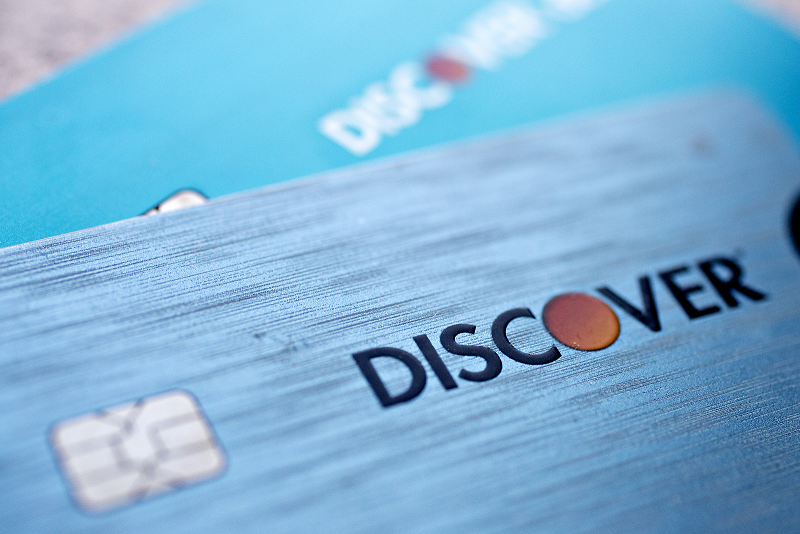Mastercard launches palm checkout in Uruguay, the U.K. commits to a gradual rollout of King Charles banknotes starting this week, and more.
Here's what's happening around the world.







Susan Riel, who helped found Eagle Bancorp nearly three decades ago, will step down as CEO in 2026. The bank is embarking on a search for her successor.
The credit union partnered with Happy Money's digital lending and participations platform. TruMark has purchased, but not sold, participations for the past five years.
The Consumer Financial Protection Bureau has seen a rapid drop in the effectiveness of its cybersecurity program, according to a new report from the Fed's Office of Inspector General.
In her first public appearance since President Trump moved to fire her from the Federal Reserve Board of Governors, Fed Gov. Lisa Cook reiterated her commitment to bringing inflation under 2% and said that the labor market remains "solid."
Financial literacy advocate John Hope Bryant has joined with a Los Angeles-based developer in an effort to raise up to $300 million from banks to preserve and construct low-income housing around the country.
AI is transforming legacy modernization efforts as Wells Fargo builds systems for agents to take on humanlike tasks and interact with one another.